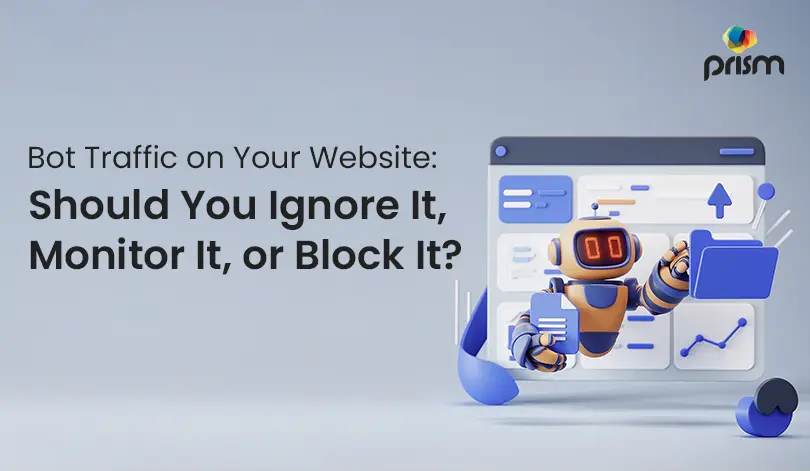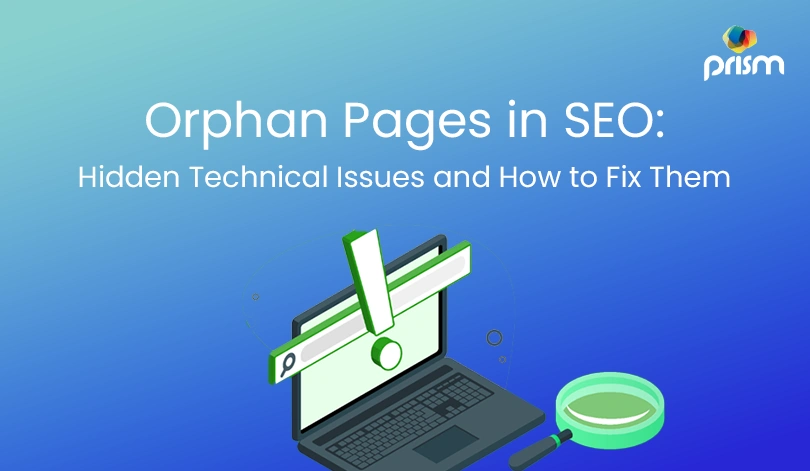

Smart Digital Marketing Blog
Latest Blogs

Bot Traffic on Your Website: Should You Ignore It, Monitor It, or Block It?

GEO, AEO, LLMO vs SEO: New Strategy or Just Old Wine in a New AI Bottle?

Orphan Pages in SEO: Hidden Technical Issues and How to Fix Them

The Dubai Edge: Cross-Channel Funnels Transforming the Game for Digital Success

Programmatic SEO: The Scalable Growth Engine Dubai's Top Agencies Use for Large Websites

Strategic Guide to finding the Best Social Media Agency in UAE.

Your Blueprint: How to Choose the Best Website Design Company in Dubai

Cracking Local SEO Services in Dubai: The 2025 Playbook

Lead Generation in Dubai - UAE: The Ultimate Guide to Strategies and Top Companies

Abu Dhabi: A Thriving Hub for brand logo design

Human-Designed Logo Still takes the cake… at least in the Dubai Market

Guide to Grow Business in Abu Dhabi: Top Advertising Agency in UAE
1 / 19Next
Frequently Asked Questions
In 2025, key digital marketing trends include AI-powered content creation, voice search optimization, hyper-personalization, video-first strategies, and influencer marketing. Prism Digital covers all of these in depth on our blog.
Content marketing builds trust, boosts SEO, and drives organic traffic. For UAE businesses, high-quality, localized content is key to connecting with a diverse audience. Prism Digital shares strategies that work best in the region.
It’s best to review your strategy quarterly, but minor optimizations should be made monthly. Stay updated through Prism Digital’s blog for real-time industry insights.
An SEO-friendly blog in 2025 should include keyword-rich headings, fast-loading visuals, internal linking, schema markup, and mobile-first design — all covered on Prism Digital's blog.

Support
Phone: +971 55 850 0095
Email: sales@prism-me.com
Location: Prism Digital Marketing Management LLC Latifa Tower, Office No. 604 - West Wing World Trade Center 1, Sheikh Zayed Road Dubai, UAE
Subscribe
Join our newsletter to stay up to date on features and releases.
By subscribing you agree to our Privacy Policy and provide consent to receive updates from our company.
Copyright © 2025 Prism Digital Marketing Management LLC
